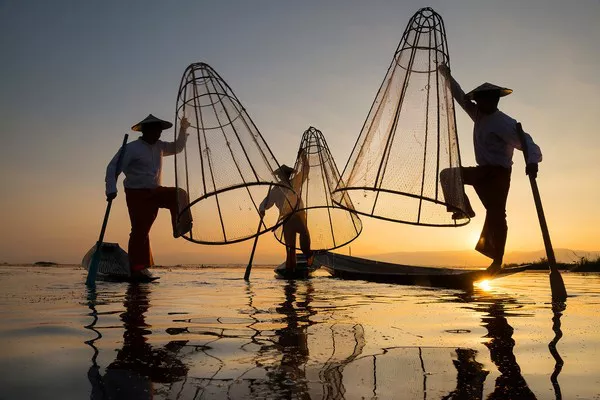The European Union (E.U.) has sustained its standing as the world’s third-largest seafood-buying market by volume in 2022, following China and Indonesia, according to the latest report from the European Market Observatory for Fisheries and Aquaculture Products (EUMOFA). The bloc received nearly 11.6 million metric tons (MT) of fisheries and aquaculture products, despite facing inflationary pressures across its member nations.
Outlined in the annual study titled “The EU Fish Market – 2023 Edition,” the report reveals that the E.U.’s per capita consumption in 2022 reached 24.55 kilograms, positioning it as the 12th-highest-ranked consumption market globally. However, the analysis underscores the impact of rising fish prices, which surged by 10 percent between 2021 and 2022, influencing these consumption trends.
The study indicates that E.U. households spent EUR 62.9 billion (USD 68.9 billion) on seafood products in 2022, marking an 11 percent increase from 2021 and continuing an upward trend since 2018. Consequently, at-home fish consumption volumes experienced a nearly 17 percent decline in the E.U.’s highest-consuming countries in 2022.
In comparison, E.U. households allocated EUR 244 billion (USD 267.3 billion) toward meat products in 2022, even though fish prices increased by a relatively lower percentage (11.6 percent) compared to meat (11.6 percent) and food in general (12 percent) over the same period.
In the foreword of the report, E.U. Commissioner for Environment, Oceans, and Fisheries, Virginijus Sinkevičius, highlighted the significance of imports for Europe’s seafood industry amidst various crises, including the Covid-19 pandemic and the ongoing conflict in Ukraine. Sinkevičius acknowledged the severe impact of these challenges on energy and production costs, leading to inflation, but emphasized that despite these adversities, the E.U. remains a global leader.
Sinkevičius underscored a major strength of the E.U.’s seafood industry, citing centuries of tradition and lessons learned through open collaboration among the region’s producers and processors. He pointed out that this collective knowledge, coupled with innovative thinking and sustainable resource management, enables European producers to deliver a diverse range of high-quality products to the market. However, he acknowledged the continent’s dependence on imports, particularly for salmon, cod, and shrimp, despite its resilience and global standing in the seafood sector.

